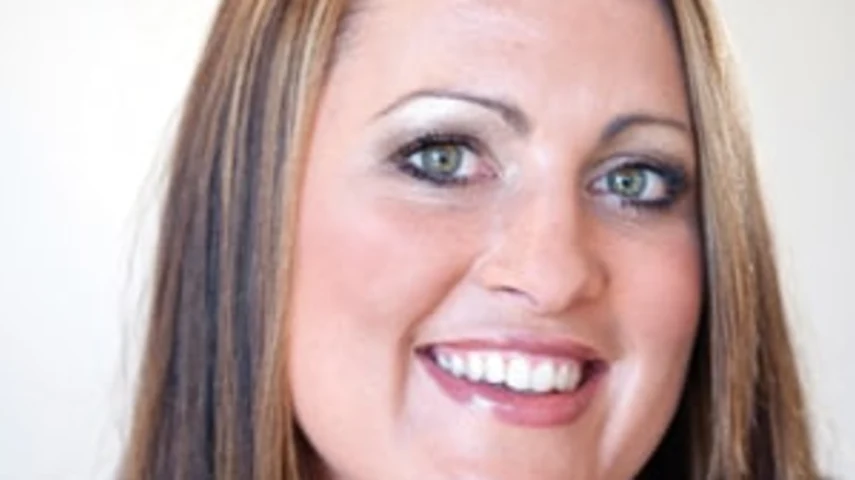Why the $35,000 concessional contributions cap is too low



The Government and the industry will always differ over the concessional cap, but $35,000 is too low, according to Olivia Long.
When the former Labor Government made its major statement on superannuation on 5 April, there was a collective sigh of relief from SMSF trustees. All the media speculation about significant - and adverse - changes to superannuation, especially its taxation regime, largely came to naught.
Sure, there were a few 'nasties' in there that we would have preferred not to see, such as the decision to tax earnings exceeding $100,000 a year in the pension phase at 15 per cent, but considering the draconian changes being muted in the media before this announcement, it seemed as if the SMSF sector received a 'get out of jail free' card.
What made this statement so important had been the Coalition's commitment before the election that it wouldn't introduce any new punitive measures in superannuation, but it would not reverse any of Labor's revenue-raising measures.
Labor's statement has effectively locked in the Coalition to the status quo in its first term of office - and Tony Abbott confirmed this with his statement on September 26.
Labor's statement wasn't just well received for want it didn't say. The industry was also grateful for some benefits that came its way.
In particular, the increase in the concessional cap for the overs 60s this year and the over 50s next year will assist Australians close to retirement, particularly women and those with broken work patterns, allowing them to contribute more towards a more dignified and self-sufficient retirement.
As a budgetary measure, the cap was reduced in the 2009 Federal Budget, and since then the industry - particularly the SMSF sector - has led the charge to increase the concessional cap from $25,000 to $35,000 for individuals over 50.
The April 5 statement was recognition of the justice of our campaign, as well as its political effectiveness. It also helps when an election is in the wind.
But no one should think that this campaign should end here. Women, in particular, are inherently discriminated against by having a concessional cap at $35,000.
Having children inevitably causes broken career paths that cost them dearly in terms of retirement incomes that are based on the principle of compound interest - what Albert Einstein called the eighth wonder of the world. Even when their children reach school age, women are often forced to work shorter weeks.
For them, being able to top up their super in their 50s and 60s when their children have (hopefully) flown the nest is critical. It would give them a degree of self sufficiency in retirement that the current system militates against.
What would be an adequate cap is a bit like asking how long is a piece of string; inevitably the Government and the industry, with different responsibilities, will differ over the cap. What I do know is that $35,000 is too low.
Olivia Long is the chief executive officer of Xpress Super.
Originally published on SMSF Essentials.
Recommended for you
The winners have been announced for the 2025 Super Fund of the Year Awards, held in Melbourne on 26 November by Money Management's sister brand Super Review.
Data and technology provider Novigi has acquired Iress’ superannuation consulting and managed services business from Apex Group.
AMP is to launch a digital advice service to provide retirement advice to members of its AMP Super Fund, in partnership with Bravura Solutions.
Unveiling its performance for the calendar year 2024, AMP has noted a “careful” investment in bitcoin futures proved beneficial for its superannuation members.









